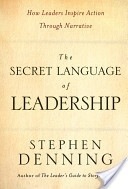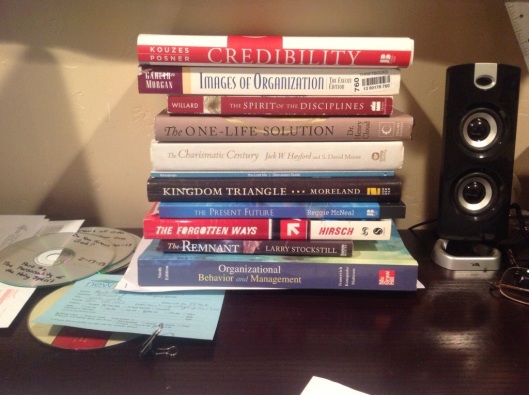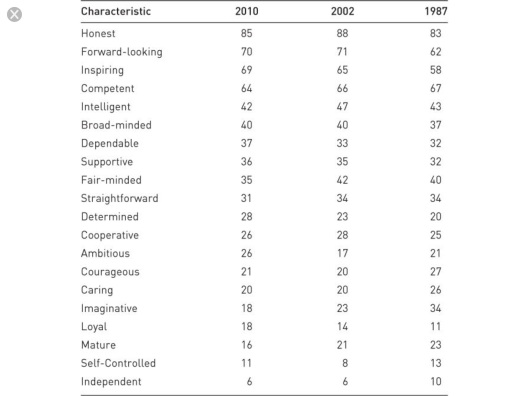
I just finished reading Stephen Denning’s book, The Secret Language of Leadership. The following is my take away:
What Denning offers to the mound of leadership books is a unique authenticity that never sugar coats the difficulties of reality. Within the lines of personal and anecdotal narrative he offers important truth about how and why leaders succeed or fail. This is a book on how his theories work, the order in which they work, and why they work.
While he tackles the inspiration and powers that shape decision-making and influence, he comes up short in addressing the fundamental facet of humanity called the spirit. The tie between religion and culture is important to organizational studies because it indicates how the search for order and explanation compels beliefs (Eisenburg, Goodall, Trethewey, 2010). In my opinion what is missing is the power of spiritual language, symbolism and narrative.
The following are some principles and quotes I found particularly helpful.
“Quickly stimulating desire for a different state of affairs is the most important part of the communication: without it, the leadership connection goes nowhere.”
“Transformational leadership invites people to stop postponing their lives and start right now doing what is genuinely worthwhile—and inviting others to join in.”
“When I’m getting ready to reason with a man, I spend on-third of my time thinking about myself and what I’m going to say—and two-thirds thinking about him and what he is going to say.” Abraham Lincoln
“Leadership is an inner decision to adopt a stance, an orientation toward the world, to see ourselves as pursuing an activity for its own sake and to set out to induce others to do likewise.”
The Basics of Leadership Presence:
• Eye contact.
• Throw away your notes All the good communicators never use notes.
• Get out from behind the podium and engage the audience.
• Plant your feet frimly on the ground and face the audience squarely and openly.
Eight General Principles govern efforts to stimulate desire for change
• Be worthwhile for its own sake
• The idea must be memorable
• The idea must become the audience’s own idea
• The audience needs room to contribute
• The idea must be possitive
• The idea must be possitive for thte particular audience
• The most useful communication tools tend to be stories
• Communication tools are effective when they generate a new story in the mind of each listener
6 general principles govern efforts to get attention.
• Attention is attracted to what is unexpeected
• Attention is engaged by the emotions
• Attention is engaged by what is personal to the listeners themselves.
• Attention must be relevant to the subject at hand.
• Communication should be proportionate to the scale of the task ini changing minds.
• Attention is engaged by what is negative
How to Launch a Genuine Conversation • Ask questions
• Level with people
• Show vulnerability
• Build on the inputs of others
• Share stories
• Encourage others to share their stories
• Have participants tell on another’s stories
My takeaway from the book is: Central to the power of persuasion and the embrace of change, is painting a story that takes the mind and heart of the listener to a place they can believe in, a story that they themselves feel they could write, visualize and become a part. More than facts, figures and arguments, the power of narrative is one that offers an intrinsic meaning of its own, for its own sake. Denning’s ideas of change, presence, identifying with the audience, being honest, getting people’s attention etc., work because they flow through narrative.
__________
Reference:
Eisenburg, E., Goodall Jr., H.L., Trethewewy, A (2010) Organizational Communication: Balancing Creativity and Constraint, 6th ed., Boston, MA: Bedford/St. Martin’s



